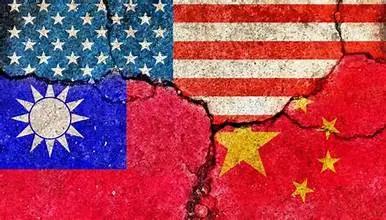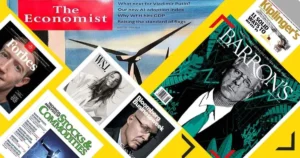Beijing perceives Taiwan’s new President, Lai Ching-te, as a proponent of separatism and an advocate for Taiwan’s independence. Shortly after Lai Ching-te’s inauguration on May 20, China carried out military exercises near Taiwan, characterizing them as a response to what it deemed as separatist behavior. These maneuvers ensued Lai’s inaugural address, during which he urged Beijing to cease its intimidation tactics against Taiwan.
The United States maintains unofficial ties with Taiwan and provides the island with arms to ensure its ability to defend itself. Biden, speaking to Time magazine about China’s economic situation, questioned its source and future growth prospects, suggesting that the notion of a booming economy is questionable.
Biden also criticized China’s Belt and Road Initiative, labeling it a “graveyard nuisance initiative.” He stressed the significance of broadening cooperation with European and Asian allies and enhancing relationships with developing nations to uphold US leadership globally.
At a trilateral ministerial meeting in Singapore on June 2, attended by US Secretary of Defense Lloyd J. Austin, Japan’s Minister of Defense Kihara Minoru, and South Korea’s Minister of National Defense Shin Won-sik, the officials reiterated their nations’ stance on Taiwan, advocating for a peaceful resolution to cross-strait issues. They underscored the importance of regional peace for global security and prosperity.





